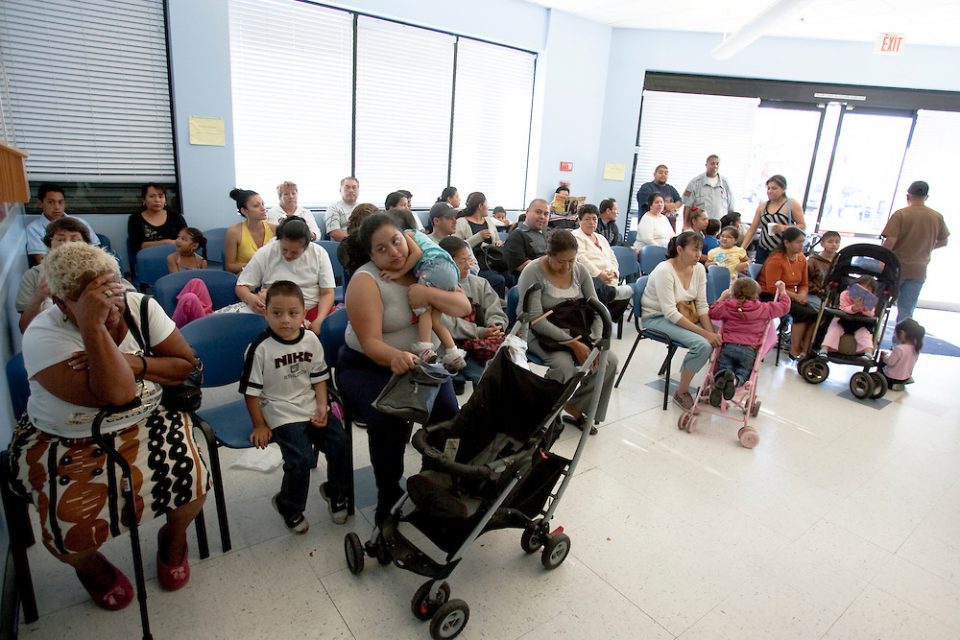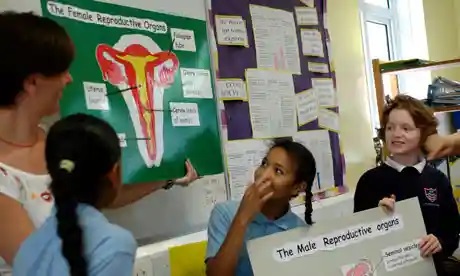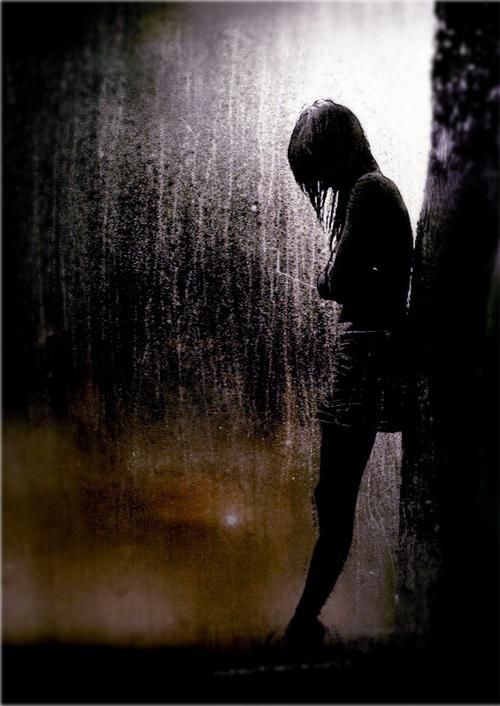During the COVID-19 Pandemic, Let’s Not Overlook the Adolescent and Young Adult Health Care and Education We Desperately Needed Before
by Ryan H. Pasternak, MD, MPH (He, Him, His)
It was nearly dark outside with pouring rain when Amber* walked into clinic. She was soaking wet, had on flip-flops and was late for her appointment. Her ride fell through, yet she refused to miss her Adolescent Well Visit. So, she put on her thin jacket and started walking the 10 miles to downtown New Orleans from “The East.” It was January. She was determined to get the care she knew she needed. This story is repeated in New Orleans all the time, but most of the time, patients don’t make it to their appointment at all due to the lack of support and resources they need.
Amidst the ongoing pandemic, state officials, health systems, doctors and nurses, teachers, parents and guardians are weighing health and safety as adolescents and young adults resume school. We are working collectively to reduce transmission, disease and death from COVID-19. But as a physician caring specifically for adolescents, I am concerned we are missing the adolescent-focused health care services, health education, and access to care adolescents and young adults in Louisiana desperately needed well before the pandemic.

Bad Service
Experiencing long waits to receive services to address histories of trauma and abuse are far too common for young patients in our state. Effective emergency contraception is not easy to find at the qualified health center down the street. And the big-name pharmacy around the corner does not have it either. Additionally confidentiality concerns, disjointed public transportation, paid parking and visit times that don’t fit into the hectic schedules of adolescents and their families compound concerns of access and increase the cost to get good care.
The facts speak for themselves. Before COVID-19, adolescents and young adults in Louisiana already had some of the worst health outcomes in the country. These outcomes are particularly poor surrounding mental, sexual and reproductive health. According to the U.S. Department of Health and Human Services, Louisiana’s adolescents have rates of attempted suicide more than double (17%) that of the U.S. (7%). And “suicide attempts that resulted in an injury, poisoning or overdose that had to be seen by a doctor” were 4 time higher for Louisiana adolescents (8%) compared to U.S. adolescents overall (2%).[1]
Louisiana adolescents experience some of the highest rates of pregnancy (6th nationally) and sexually transmitted infections. Louisiana is 1st nationally for adolescents with syphilis, and 2nd for gonorrhea and chlamydia.[2] There are many factors contributing to these outcomes: transportation, poverty, structural racism. Also availability of evidence-based comprehensive health services, and limited health education are important factors. But we are more than numbers and we can address these issues with intention, focus, and care.
We Have Provided Adult Health Care & Education in the Past

Of these, evidence-based health education is the easiest and least expensive to remedy. We know because we did it in the 1980’s and 1990’s. In large part, Louisiana’s adolescents have not received comprehensive sexual health education since the early 2000’s. This 20-year gap led to many adolescents and young adults lacking the language to discuss their feelings and emotions. They can’t properly negotiate relationships or to discuss their bodies. This is despite evidence from the Geaux Talk program of the Louisiana Public Health Institute. It shows 80% of LA parents support sex education. They want information on abstinence and birth control to be taught in schools. Additionally, 86% of Louisiana parents would be interested in a sex education program with a focus on mental health, emotional wellness and healthy decision-making.[3]
Programs like those provided by the Institute of Women and Ethnic Studies (IWES) and the New Orleans Adolescent Reproductive Health Project (NOARHP) work to narrow the massive gap in education. IWES pioneered Trauma-Informed teachings addressing the whole person to the benefit of their students. NOARHP trains the next generation of Louisiana’s health-professionals to provide evidence-based education. We need to learn from and expand on these successful models to address the needs of Louisiana’s over 600,000 adolescents and young adults.
RELATED: Talking to Our Children About Sex
Challenges
Louisiana adolescents and young adults like Amber face many obstacles to obtain basic health care services. It is even harder to get the adolescent-focused care they really need. Access to transportation, integrated mental health care and affordable confidential services are often out of reach. During the pandemic, this is even worse. There are deficiencies in availability of multidisciplinary and adolescent-focused mental and reproductive health services. So, without broad access to health care designed specifically for adolescents there is greater risk our youth experience ever worsening depression. Also anxiety, more unplanned pregnancies, further substance use, and sexually transmitted infections will go unnoticed amongst youth, their friends and peers. Without an adolescent-focus and the resources for young people to make informed, empowered decisions about their lives, we will send them out into the pouring rain of this world ill-prepared, ill-equipped, and ill.
*Name changed to protect privacy
USEFUL LINKS BELOW
Information on Adolescent Health in Lousiana
The Louisiana Parent Survey
Ryan H. Pasternak, MD, MPH (He, Him, His)
Adolescent Medicine Physician
LSU Pediatrics, Children’s Hospital New Orleans
Fellow, Physicians for Reproductive Health


HOW DO THINGS GET SO BAD?
IT WAS STARTED FOR MOST BEORE THEY WERE BORN,,,
HERE IS A SIMPLE SMART MAN EXPLAINING WHAT IS GOING ON IN CITIES IN THE USA!
SHORT SMART GREAT!
https://www.youtube.com/watch?v=Z3wMj24GjtA
TERRIFIC ! 2020 OCT OBER 12 –